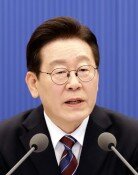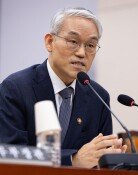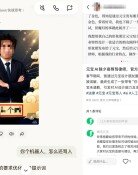Easterlin`s paradox
In a parliamentary audit of the Strategy and Finance Ministry on Tuesday, main opposition Democratic Party Chairman Sohn Hak-kyu asked Strategy and Finance Minister Bahk Jae-wan, Have you heard of Easterlin`s paradox? When Park said no, the professor-turned-politician Sohn said, It`s concerned with whether we are happy and content as our living standards improve, adding, Please reconsider that growth can resolve employment, distribution and welfare. Was Bahk, who was an economics major and frequently uses fancy jargon, really unaware of the term or did he play dumb out of fear of criticism?
The term Easterlin`s paradox was coined by American economist Richard Easterlin in 1974. It refers to the theory that relative levels of money have much more influence over peoples psychological wellbeing than absolute levels. Easterlin said high-income people feel relatively happier than low-income people in a country, but a cross-country comparison shows that the happiness index does not correlate with per capita income. He backed his theory by presenting a study that peoples happiness index in poor countries such as Bangladesh was higher than that in the U.S. and France.
In 2008, however, Betsey Stevenson, a professor at the University of Pennsylvania`s Wharton School, challenged the paradox. She said people living in rich countries with strong welfare programs were happier than those living in poor countries, based on analysis of data going back 50 years in 132 countries. Then Easterlin expanded his study and reiterated his claim based on his new thesis on Koreas example. According to his research, per capita income in Korea has doubled over the past 50 years but its happiness index has not.
Scholars who support Easterlins argument say the happiness index starts to stagnate once per capita income reaches 20,000 U.S. dollars. Korea is on the verge of this level. Democratic Party leader Sohn appears to have cautioned growth-oriented policy based on these claims. Regardless of nominal income, however, Koreans need economic growth given rising inflation and private education costs. As the leader of the main opposition party, Sohn should take responsibility and promptly handle nationally pending issues, including the ratification of the free trade deal with the U.S. and confirmation of the chief justice nominee for the Supreme Court, since these will raise the political happiness of the public.
Editorial Writer Lee Hyeong-sam (hans@donga.com)







